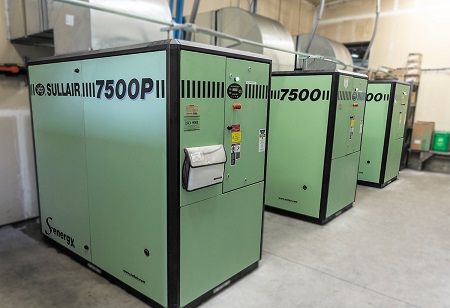
India must establish nationally accredited testing facilities for battery energy storage systems to support its ambitious clean energy transition, as emphasized by NITI Aayog member V K Saraswat during the FICCI Energy Storage Conference 2024. With the goal of deploying over 238 gigawatt hours (GWh) of battery storage capacity by 2030 to stabilize its growing renewable energy infrastructure, Saraswat highlighted a significant gap in the country’s testing and certification infrastructure.
To bridge this gap, he recommended authorizing third-party testing and certification until dedicated government agencies for storage certification are operational. Saraswat stressed the need for universal standards for all energy storage systems, a critical requirement as India scales its renewable energy ambitions. While the Bureau of Indian Standards (BIS) has developed 17 specifications for energy storage systems, he noted that the nation currently lacks sufficient facilities to ensure compliance with these standards.
Despite aggressive renewable energy targets, Saraswat acknowledged the continued importance of coal in India's energy mix. He projected coal capacity at 150 gigawatts by 2047, down from the current 218 gigawatts, as the country shifts toward a cleaner energy future. Solar energy is expected to play a dominant role, with substantial growth in capacity by 2047, necessitating robust storage integration to balance variability.
Saraswat also highlighted various energy storage technologies under consideration, such as pumped hydro, which has identified a potential of 100 gigawatts across 60 sites. Other alternatives being explored include flow batteries, sodium-sulfur systems, and advanced solutions like aluminum-air batteries alongside conventional lithium-ion systems.
To address challenges in the storage sector, the government is promoting domestic manufacturing of critical components and developing technology-agnostic standards. Saraswat also identified nuclear power, particularly small modular reactors, as a long-term solution for hard-to-abate sectors currently reliant on coal-based power, underscoring the multi-faceted approach required to meet India's clean energy goals.
We use cookies to ensure you get the best experience on our website. Read more...